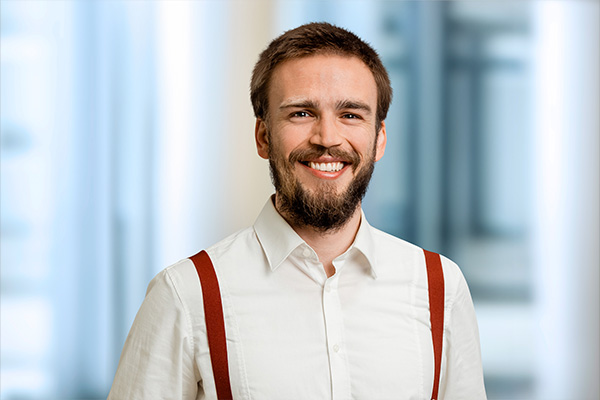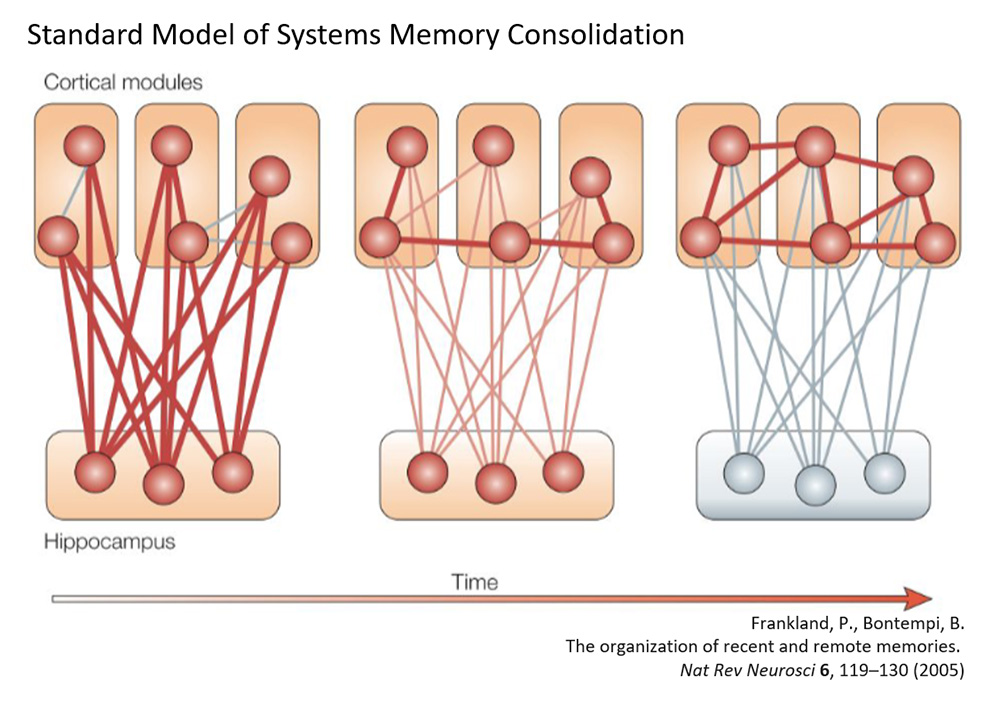Neural processes of adaptive and maladaptive memory consolidation
Tobias Debor – Hector RCD Awardee Monika Schönauer
Highly emotional memories are processed differently from neutral ones. For negative experiences, this can result in maladaptive memory formation which may foster emotional psychological disorders. This project aims to improve our understanding of adaptive and maladaptive memory processing. We will analyze brain activity in tasks that model maladaptive memory symptoms. By this, we hope to identify entry points for treatments that counteract maladaptive memory formation.
To appropriately react to new situations or to adapt to new circumstances, our brain relies on both memories of unique past experiences, as well as on rules and generalized knowledge derived therefrom. The process by which newly formed memories are transformed from short-term to long-term memory and integrated into generalized internal models of our environment is called systems memory consolidation. In cases of strongly negative experiences, this memory processing can become maladaptive. The memory can later resurface involuntarily (e.g., in post-traumatic stress disorder), or lead to negative cognitive biases (e.g., in depression). However, little is known about differences in the formation of adaptive and maladaptive memories. To understand maladaptive memory processing in psychological disorders, we suggest to interpret them as alterations in systems consolidation.
This project seeks to determine under which conditions the neural and behavioral markers of consolidation become maladaptive and to identify potential entry points for interventions. Using neuroimaging techniques, we will compare adaptive and maladaptive memory consolidation in paradigms that model intrusive memories and negative cognitive bias. We will study adaptive and maladaptive memory processing during two states central to building stable memories: active rehearsal and sleep. We will then test whether behavioral interventions can counteract maladaptive memory formation.
Standard Model SMC

Tobias Debor
University of FreiburgSupervised by


